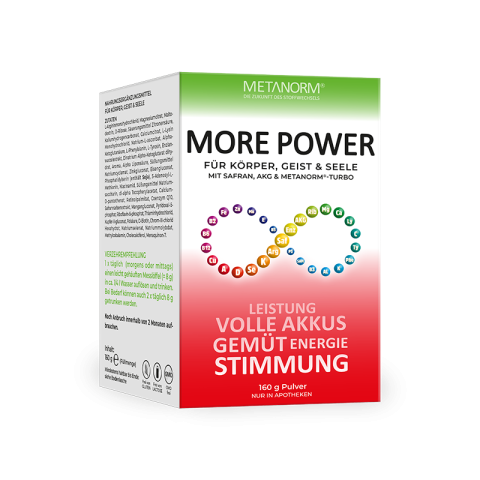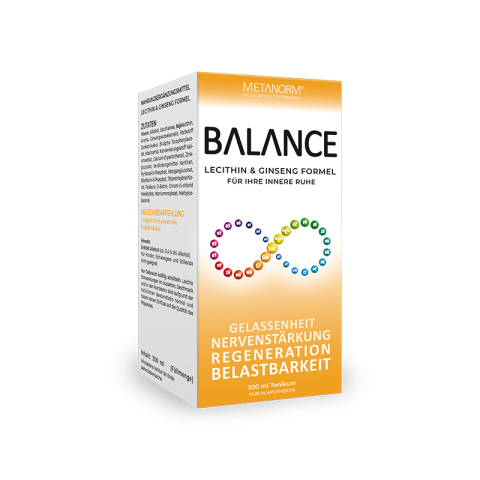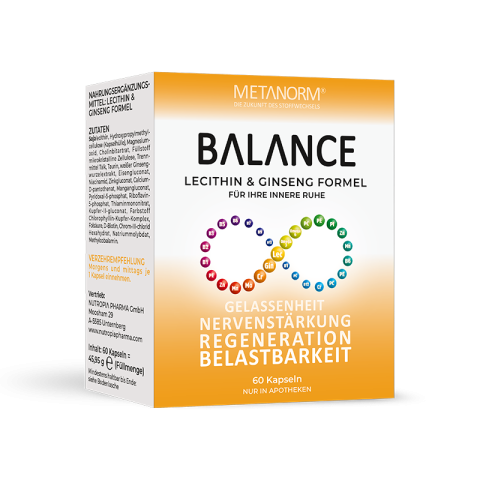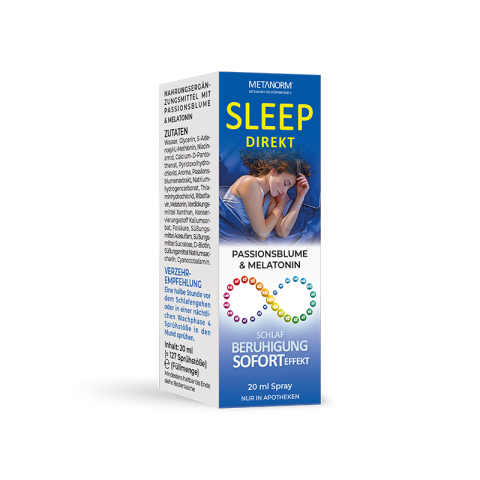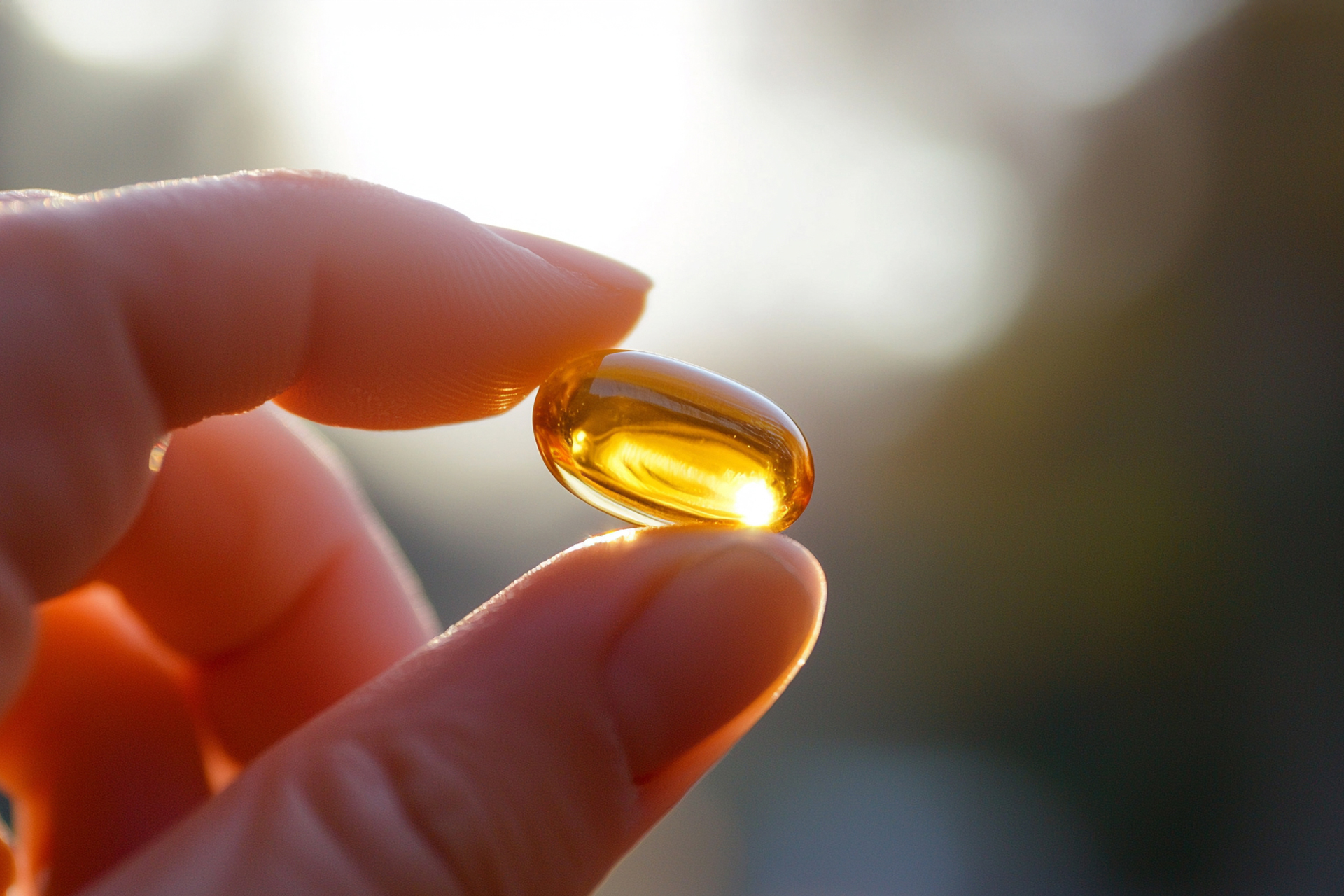
MORE POWER instead of burnout
10% of the population in Austria are already affected by burnout and a further 16% are acutely at risk. There is also a large transitional area! In general, around one in five to six Austrian employees is at risk.
How does burnout develop?
Everyone knows stressful times, but if the stress never ends, it has a long-term negative effect on our health! The body releases more adrenaline and cortisol, two neurotransmitters that in prehistoric times were actually intended for a short-term escape reaction from dangerous predators. Short-term release increases performance by increasing the heart and breathing rate and also increases the ability to concentrate. Long-term release, on the other hand, causes an increase in blood pressure, disturbances in the sleep-wake rhythm, rising blood sugar levels, depression, concentration problems and obesity.

First signs of burnout
The onset of burnout manifests itself both mentally and physically. Typical symptoms are sleep disorders, exhaustion, concentration problems, irritability and a withdrawal from social activities. However, physical complaints such as headaches, muscle tension, increased susceptibility to infections, tinnitus, breathing difficulties, sexual problems, dizziness and digestive disorders are also not uncommon. However, non-specific symptoms such as increased indifference, a tendency to cry, a feeling of weakness, bitterness, restlessness and family problems can also be the first signs of burnout. Once organic illnesses have been ruled out, doctors clarify the diagnosis both through a clarifying discussion and with the help of questionnaires.

How do you prevent burnout?
- Make sure you set realistic goals so as not to overburden yourself
- Don’t let work interfere with your private life: Switch off your phone and don’t be constantly available
- Learn to say NO and hand over work to colleagues, nobody is irreplaceable!
- Integrate relaxation exercises into your everyday life
- Take time for hobbies, sport and friends. A balance to professional input is essential for mental and physical well-being
- Exercise, especially in the fresh air, also helps to reduce stress: a quick side note: terpenes, which are mainly found in conifers, reduce the production of stress hormones and promote the activity of the immune system’s natural killer cells
- No one has to be perfect, don’t force yourself to perform at your best, but slow down your pace

Micronutrients for burnout
As strange as it may sound, micronutrients definitely have an impact on our health! Dozens of studies prove the positive effect of B vitamins, not only on energy production, but also on nerve function. Therefore: B vitamins (always as a complex) are the top priority for physical and mental exhaustion. Vitamin D, for example, is not only necessary for our bones, it also plays an important role in serotonin and melatonin production. This means that too little vitamin D makes us sleep badly and also promotes depression. Alpha-ketoglutaric acid, ribose and arginine, for example, promote energy production in the mitochondria, the power stations of human cells.
In addition to B vitamins, the micronutrients lecithin and choline are particularly useful for promoting resilience: they are part of the nerve sheaths and promote a certain “thick-skinnedness”. Magnesium is not only necessary for muscle cramps, it also promotes relaxation by stabilising the cell membranes and thus inhibiting an excessive release of adrenaline.
In the case of insomnia, the sleep hormone melatonin can also be taken via food supplements, whereby direct absorption via the oral mucosa has a faster effect than taking it in capsule form.
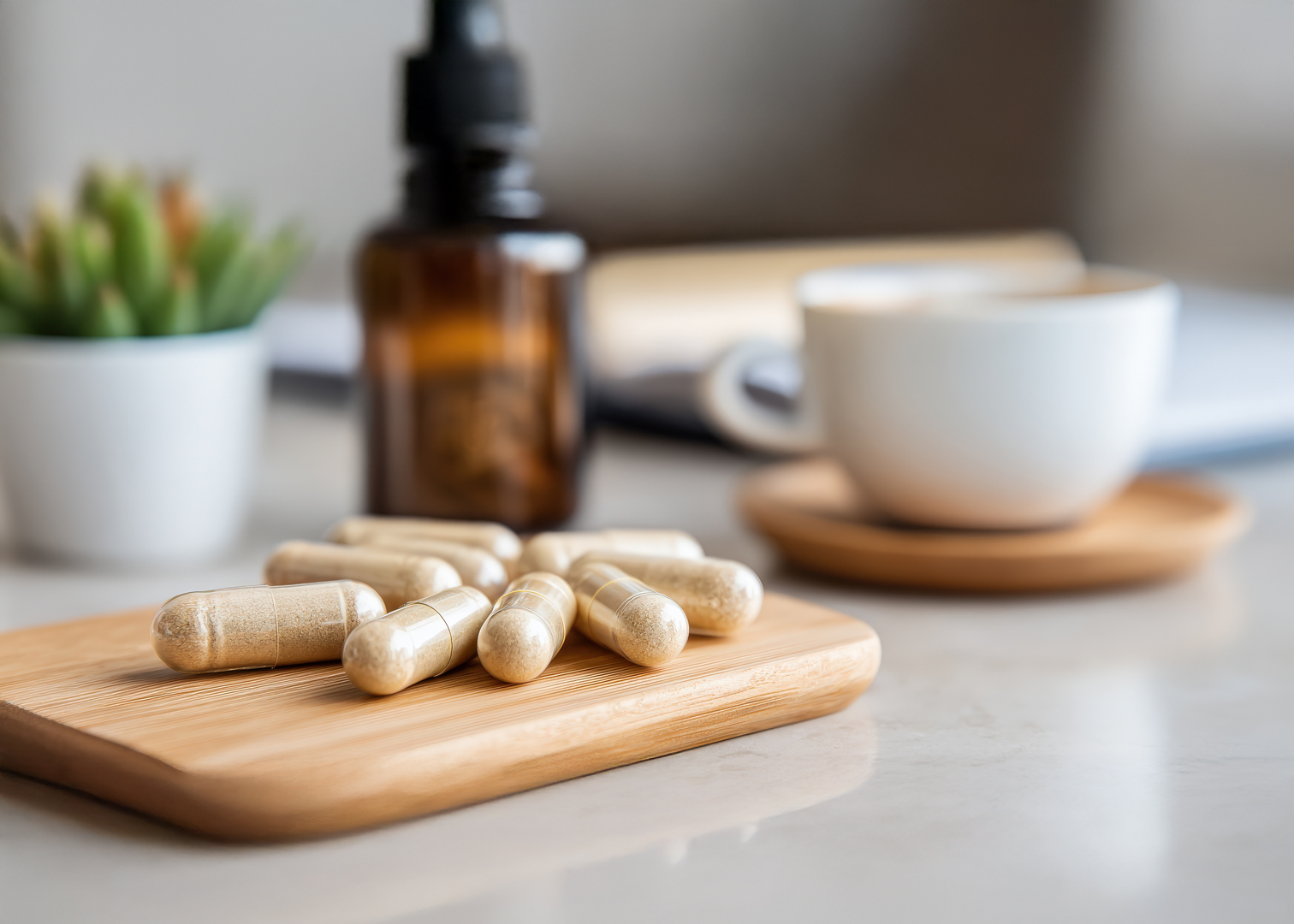
Herbal helpers for burnout
Saffron, the most expensive spice in the world, has been used in the Orient for thousands of years to strengthen the nerves. In recent years, more and more studies have shown that it has a mood-enhancing effect even in mild to moderate forms of depression. Saffron works in a similar way to medicinal antidepressants.
Adaptogenic plants can also be a good support for burnout. Adaptogens improve the body’s ability to deal with physical or emotional stress. Here too, numerous studies have shown a significant effect on stress by suppressing the stress response. Adaptogenic plants include ginseng, Rhodiola rosea, Schisandra chinensis and Andrographis paniculata.
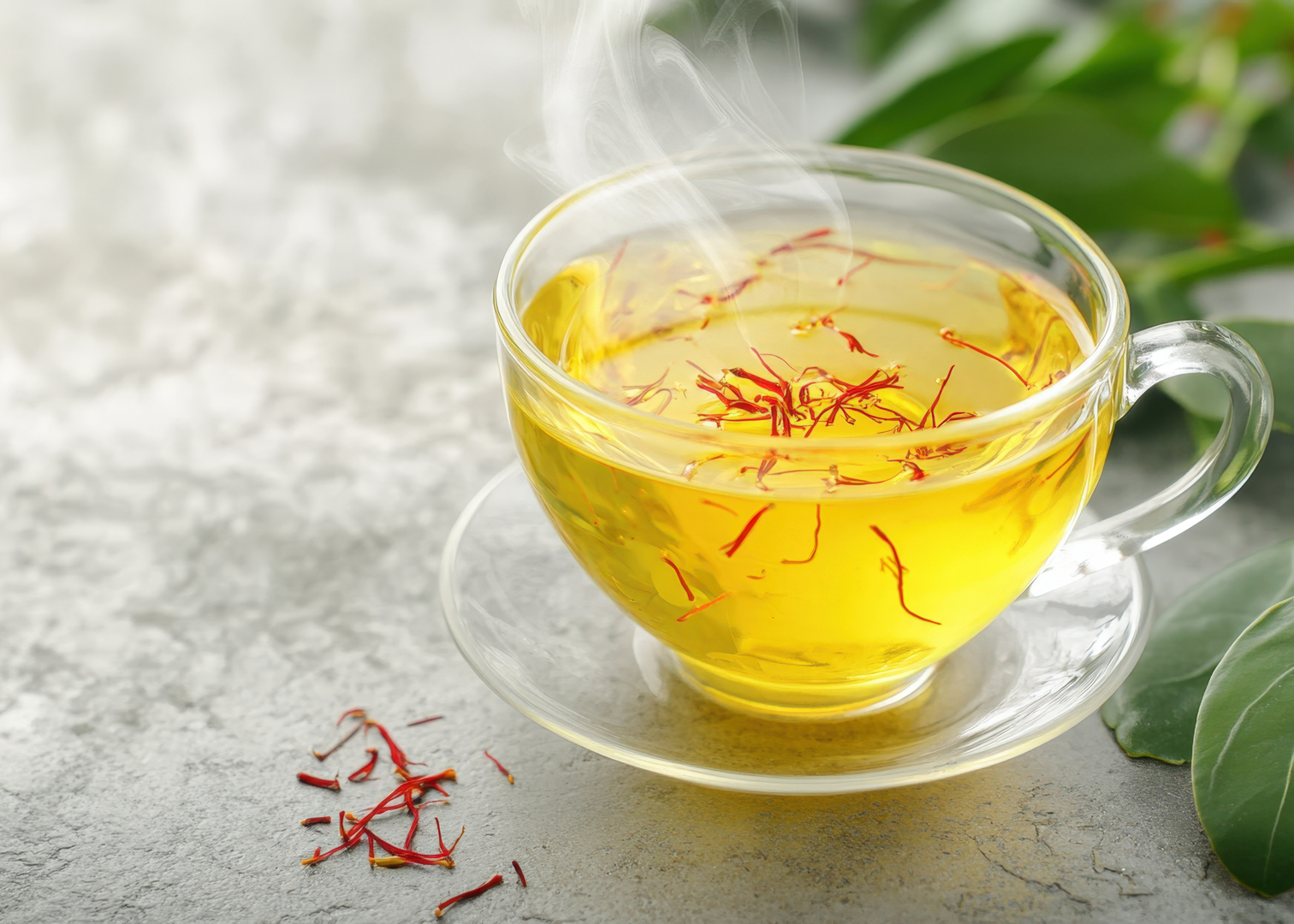
Targeted health improvement through advanced micronutrient supplements: with our products, this is no utopia, but a tried and tested reality.
